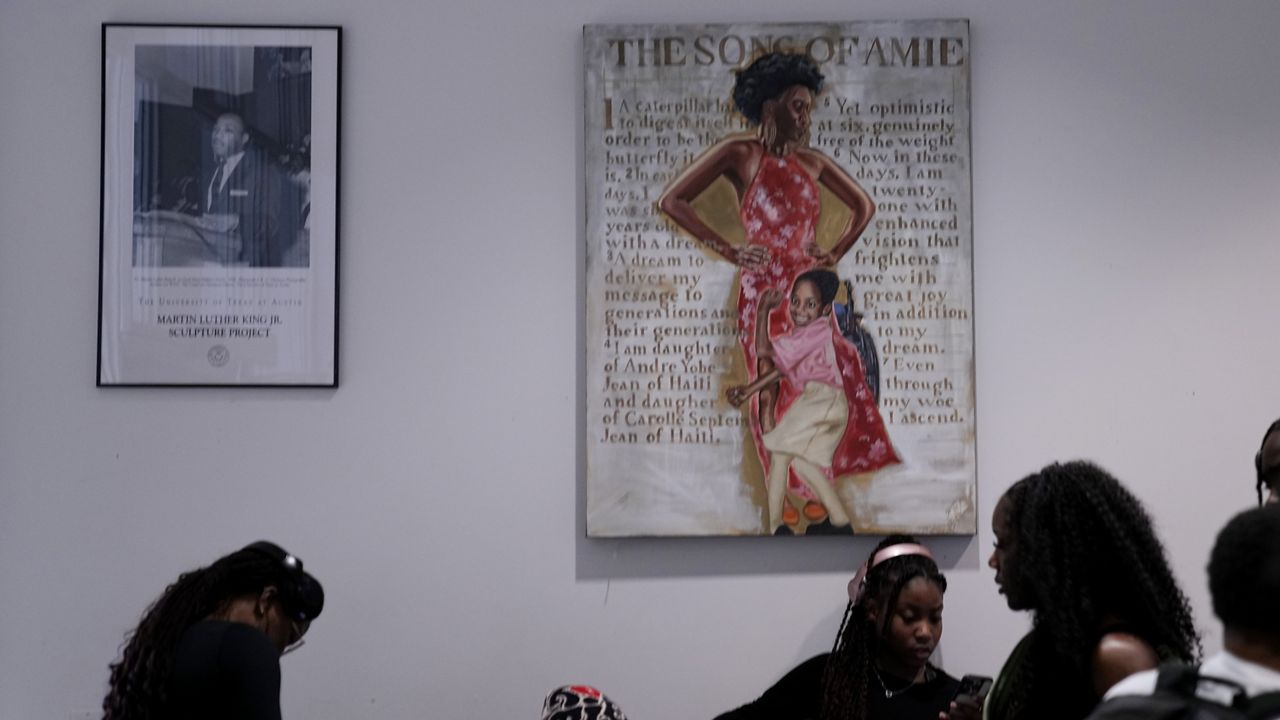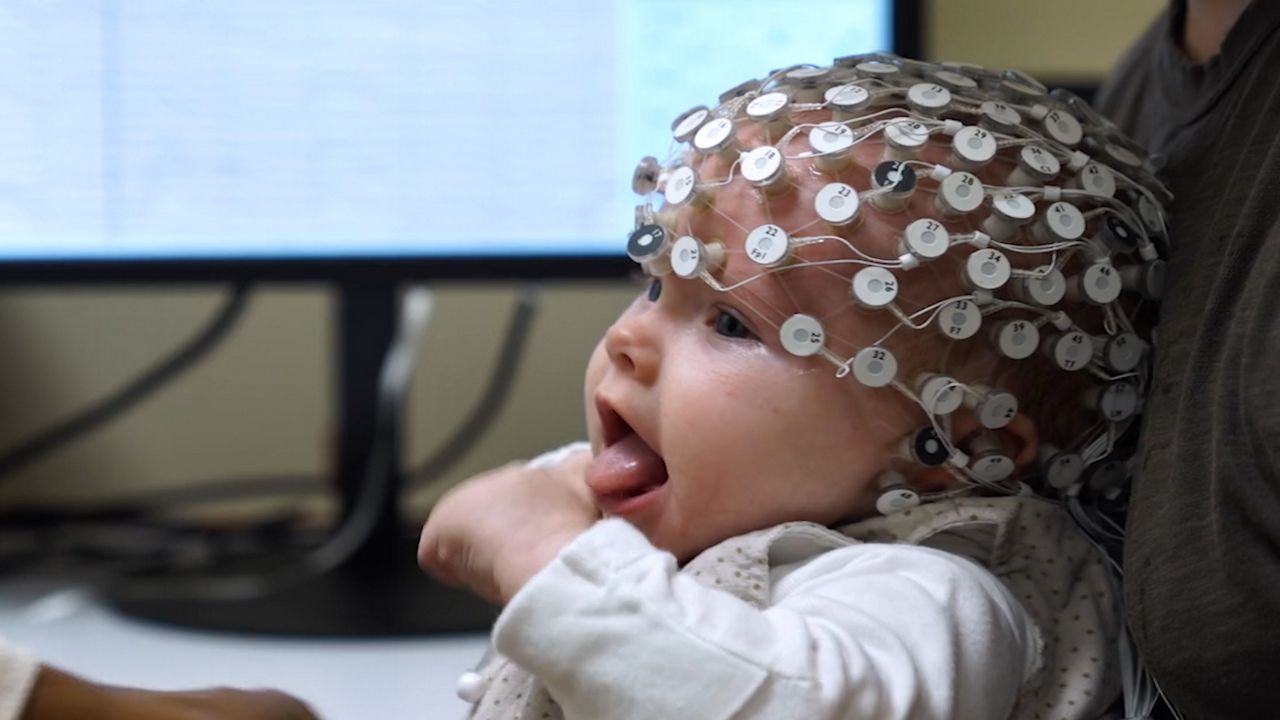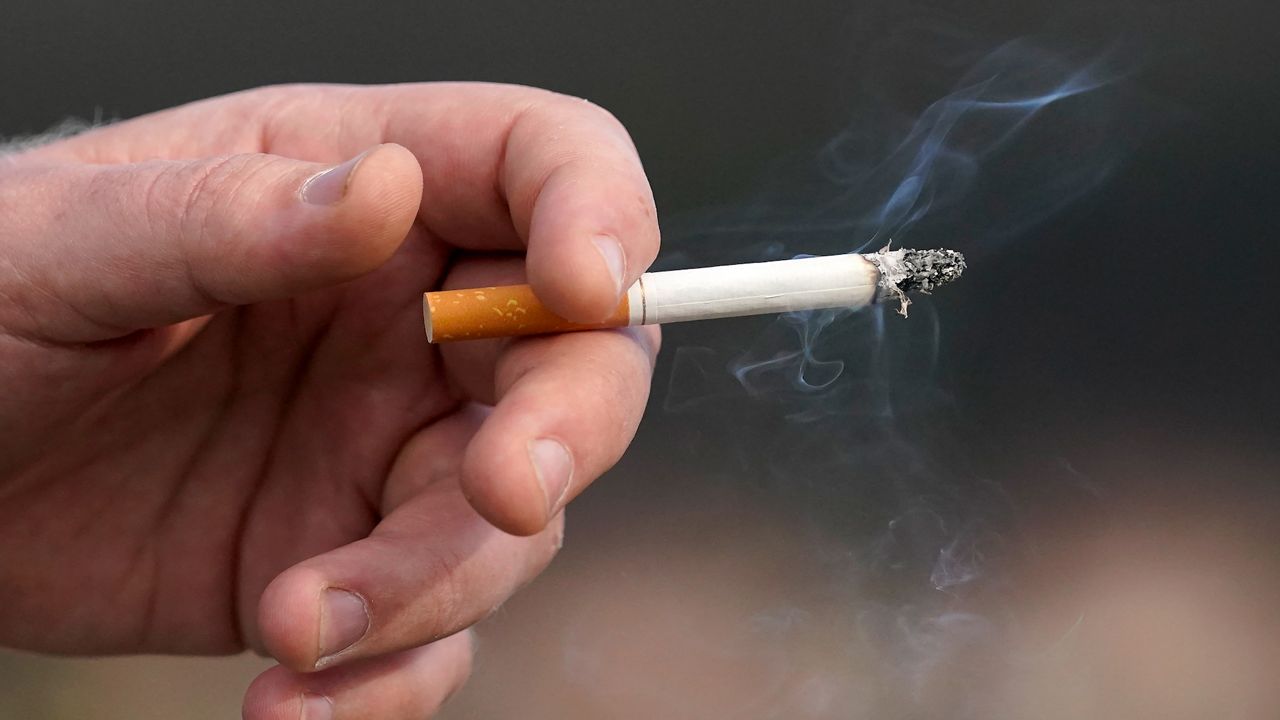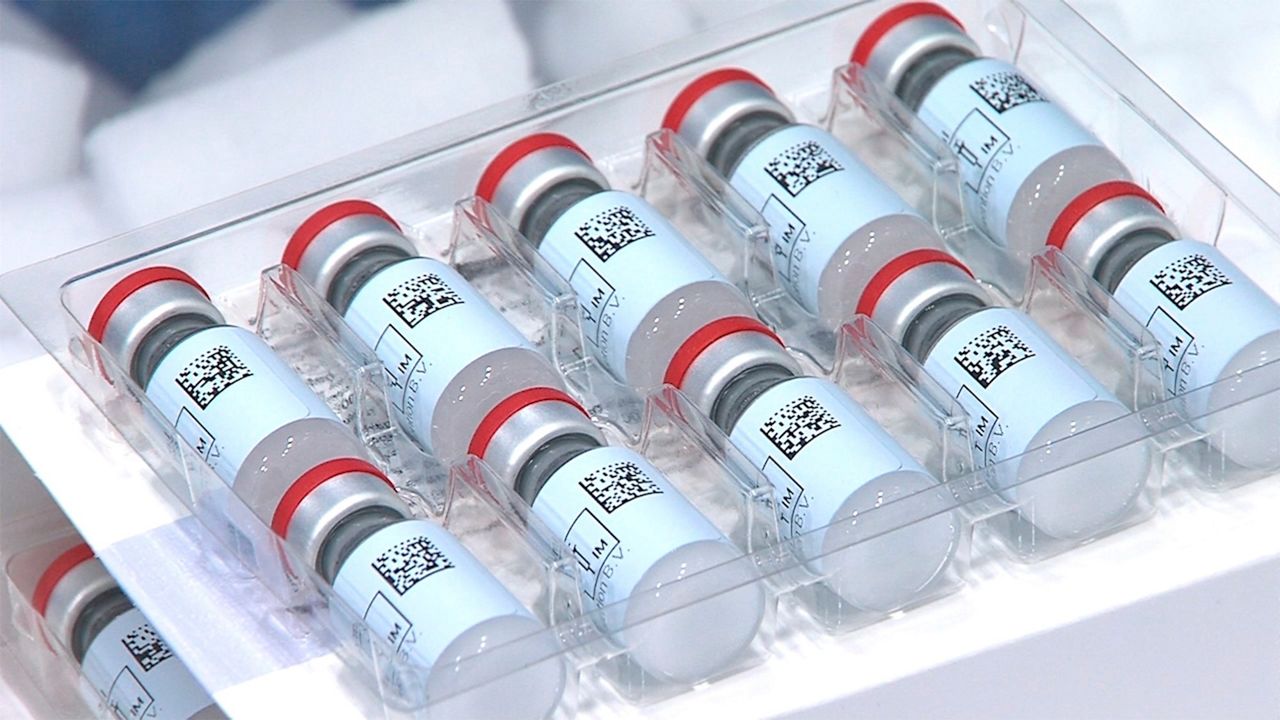After recovering from a C-section delivery, Sharon Phillips was anxious to get back to the gym. But when she was cleared to work out, she discovered - she couldn't. "I went to the gym and I was a like I'm gonna do a Pilates class. And within the first five minutes I had to leave. I couldn't, I could literally not do a sit up, and not even a half a sit-up, nothing, I could not sit up at all."
Phillips also had lower back pain and soreness around her abdomen.
Not getting answers from her doctors, Phillips discovered through internet searches she likely had diastasis recti - also called diastasis. It's when the abdominal wall- separated during pregnancy- fails to return back to normal.
Hospital for Special Surgery Sports Medicine Physiatrist Ellen Casey confirmed Phillips' self-diagnosis. Casey says an estimated 60 to 70 percent of postpartum women have diastasis. One symptom is a so-called tenting of the abs when you do a crunch and the dreaded mommy-pooch. But it's not just cosmetic, it can cause back pain, constipation, incontinence and even hernias.
"The core, we know, is so key for stabilizing our spine, letting us do sports activities, maintaining continence, and all those things, and so if it separates you lose the integrity of the core which is so important," said Dr. Casey.
Teaming up with Leah Keller, the personal trainer behind Every Mother, a core strengthening fitness program, Casey has launched a clinical study.
It is the first randomized controlled trial on the topic - following a retrospective study done at Weill Cornell Medicine, that found certain exercises can actually close that gap in the abdominal wall, without surgery.
"It might be that any core exercise is helpful or it might be that specific exercise is helpful and that's really what we want to figure out, so that we can take the question out of the equation for women when they're Googling what do I do about this,” said Dr. Casey, “and they can actually have evidence based strategies.”
Phillips is seeing a reduction in her diastasis through her P-T sessions. "I got better in a matter of weeks and I'm still strengthening it. But the fact that I was immediately seeing results is incredible."
Casey is still enrolling patients for her study.
Email physiatryresearch@hss.edu for more information.








